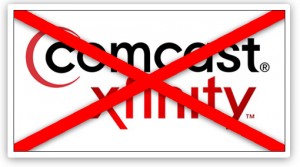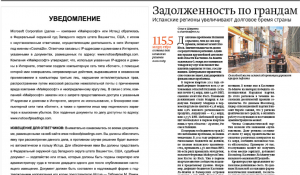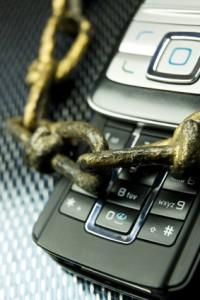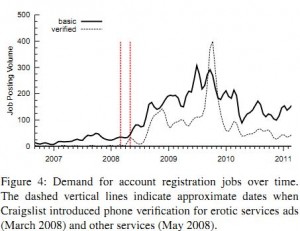An explosion of online fraud tools and services online makes it easier than ever for novices to get started in computer crime. At the same time, a growing body of evidence suggests that much of the world’s cybercrime activity may be the work of a core group of miscreants who’ve been at it for many years.
I recently highlighted the financial links among the organizations responsible for promoting fake antivirus products and spam-advertised pharmacies; all were relying on a few banks in Azerbaijan to process credit card payments.
In this segment, I’ll look at the personnel overlap between the fake AV and pharma industries. The data is drawn from two places: a study done by researchers at the University of California, Santa Barbara (UCSB) that examined three of the most popular fake AV affiliate services which pay hackers to foist worthless software on clueless Internet users; and the leaked Glavmed/Spamit affiliate database, which includes the financial and contact information for many of the world’s top spammers and hackers.
UCSB researcher Brett Stone-Gross and I compared the ICQ instant message numbers belonging to affiliates from Glavmed/Spamit with the ICQ numbers used by affiliates of the largest of the fake AV programs measured by his research team. The result? 417 out of 998 affiliates who were registered with the fake AV distribution service — a whopping 42.2 percent — also were registered pharma spammers with Glavmed/Spamit.












